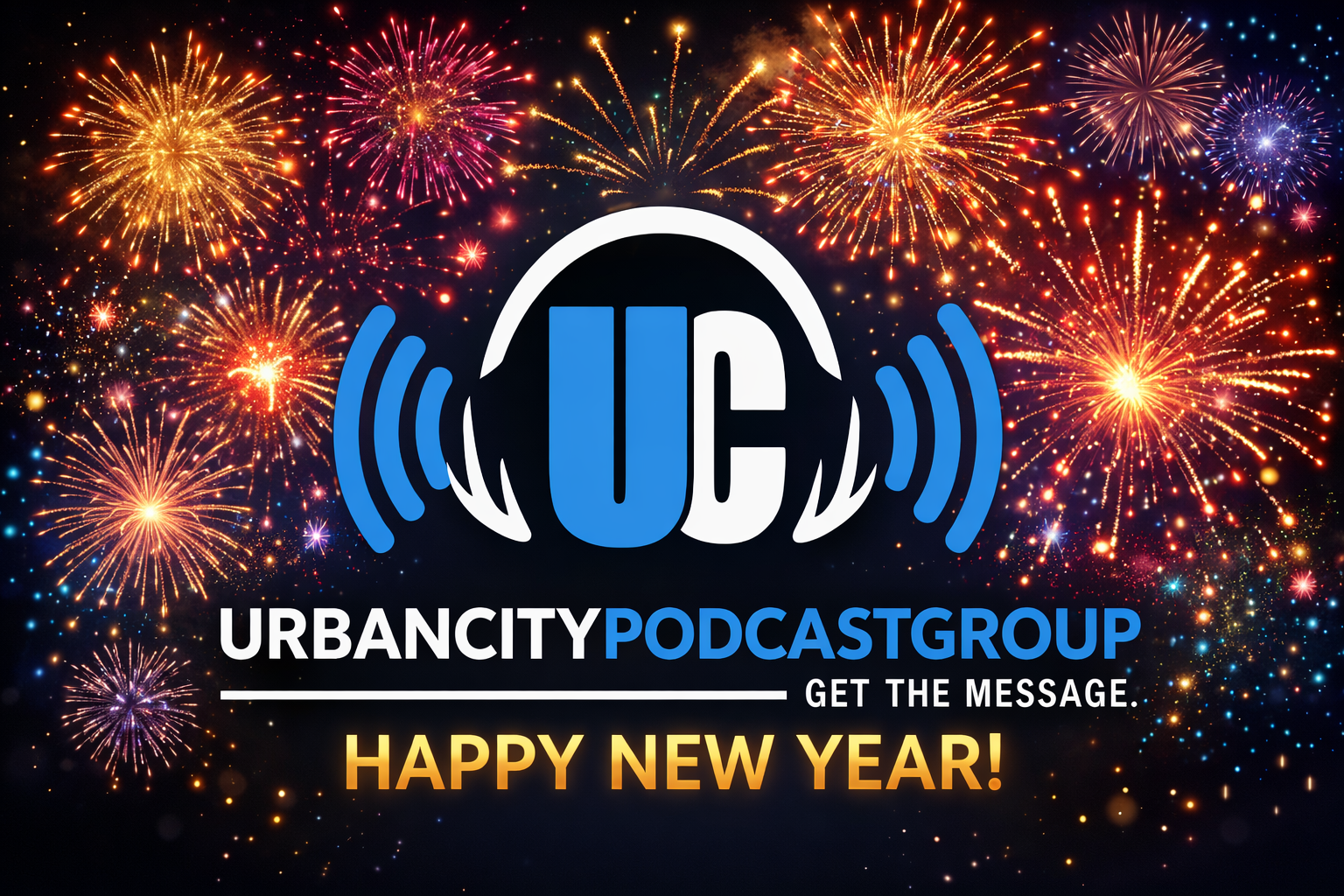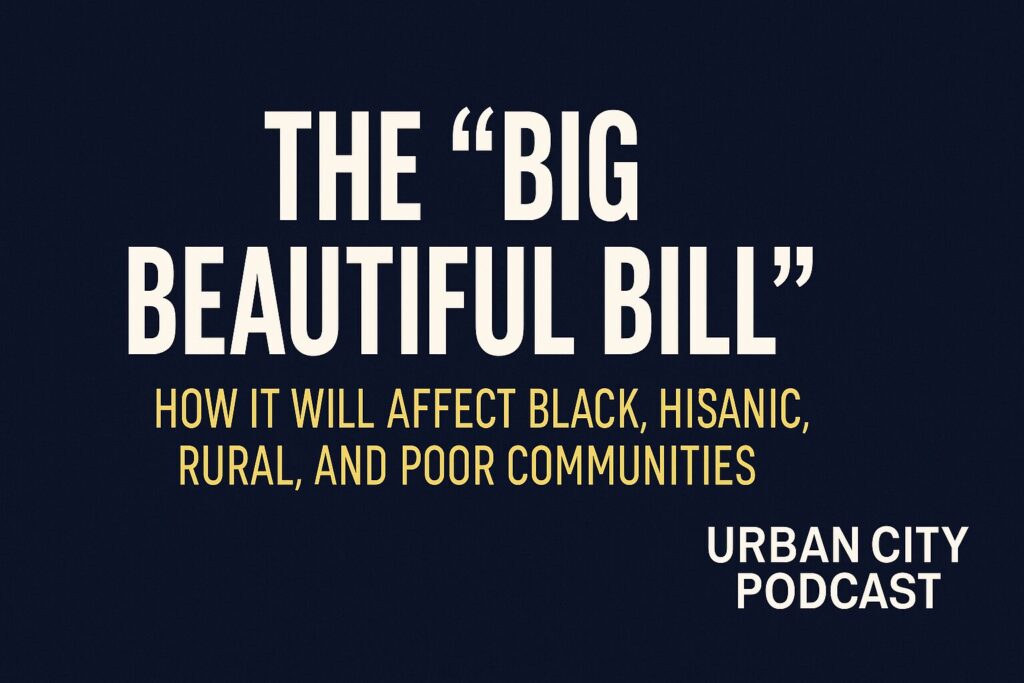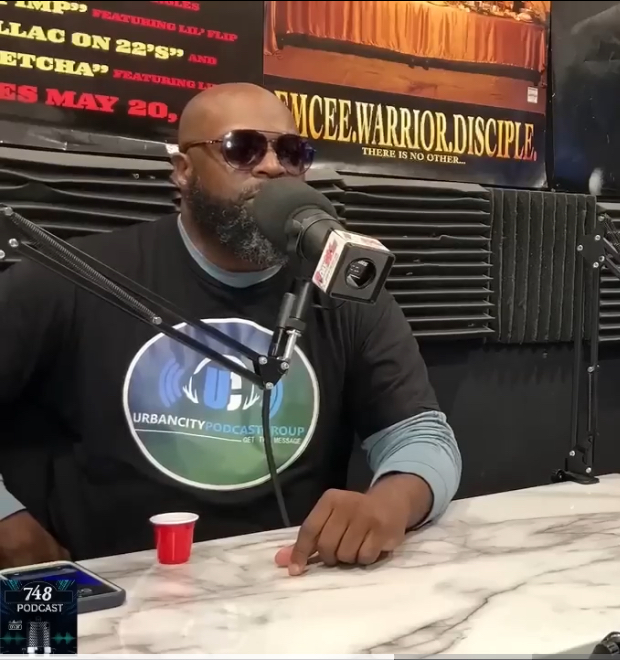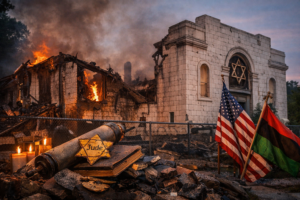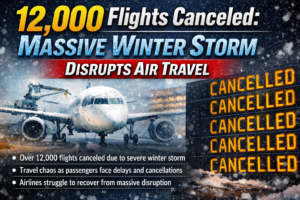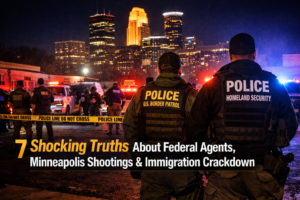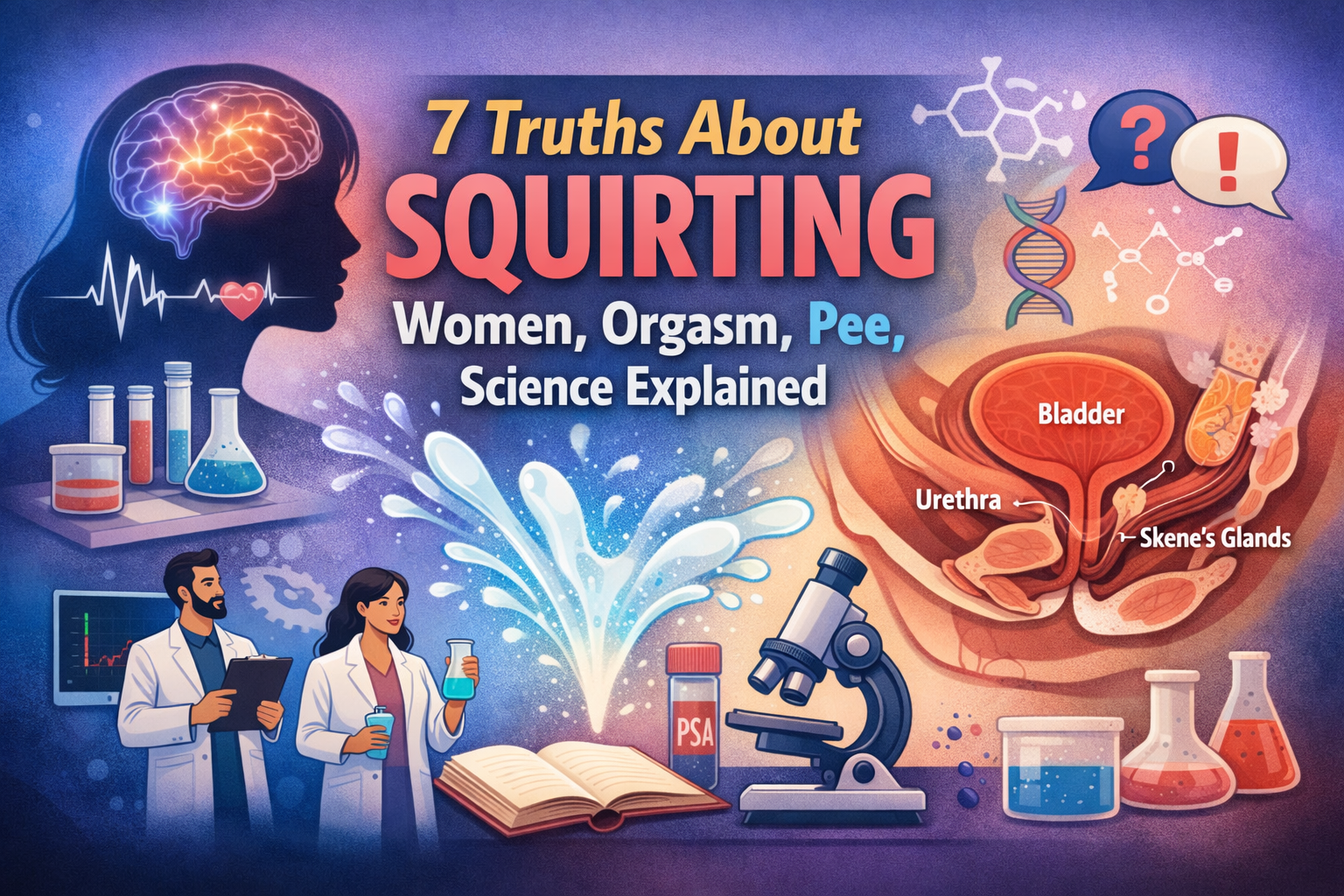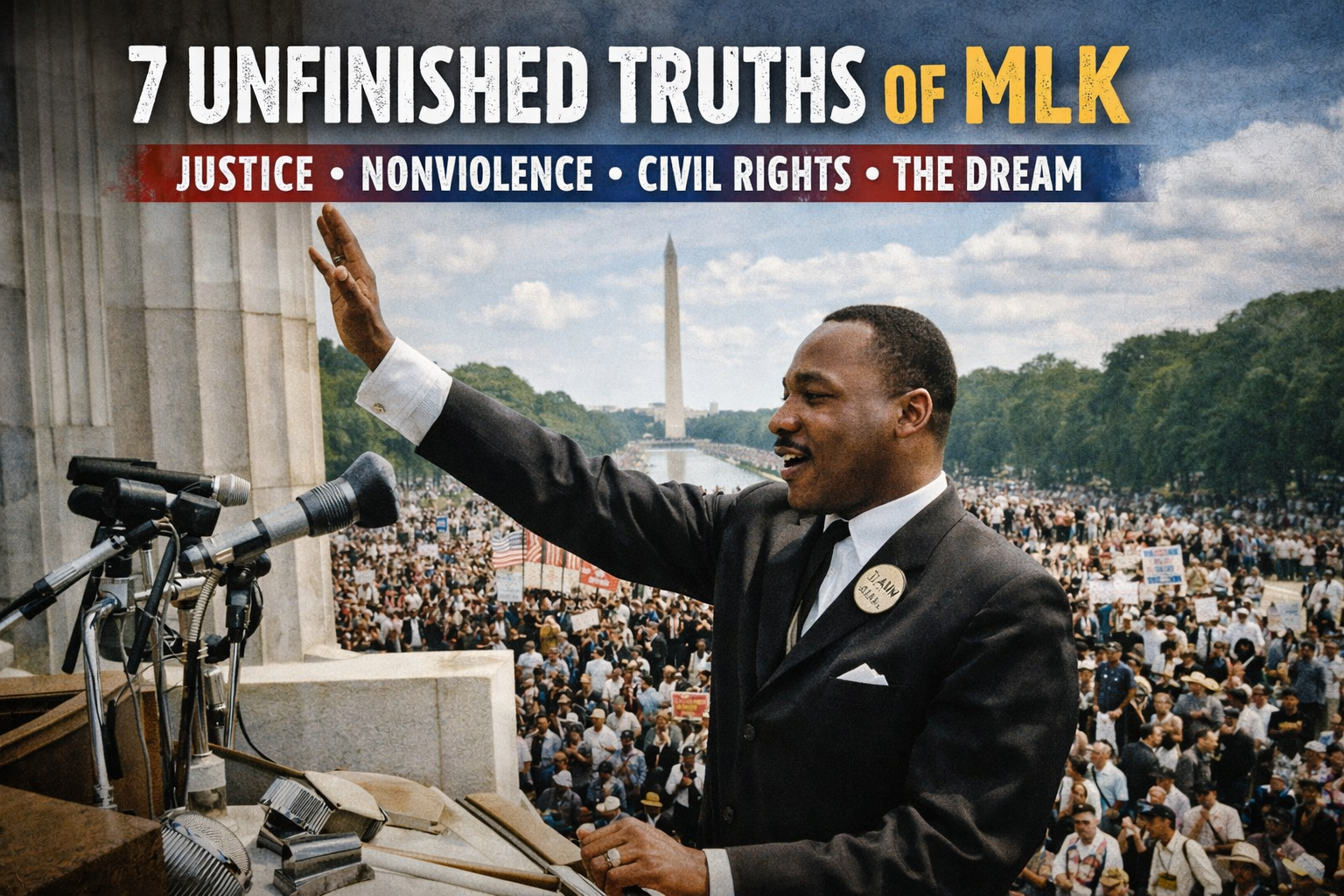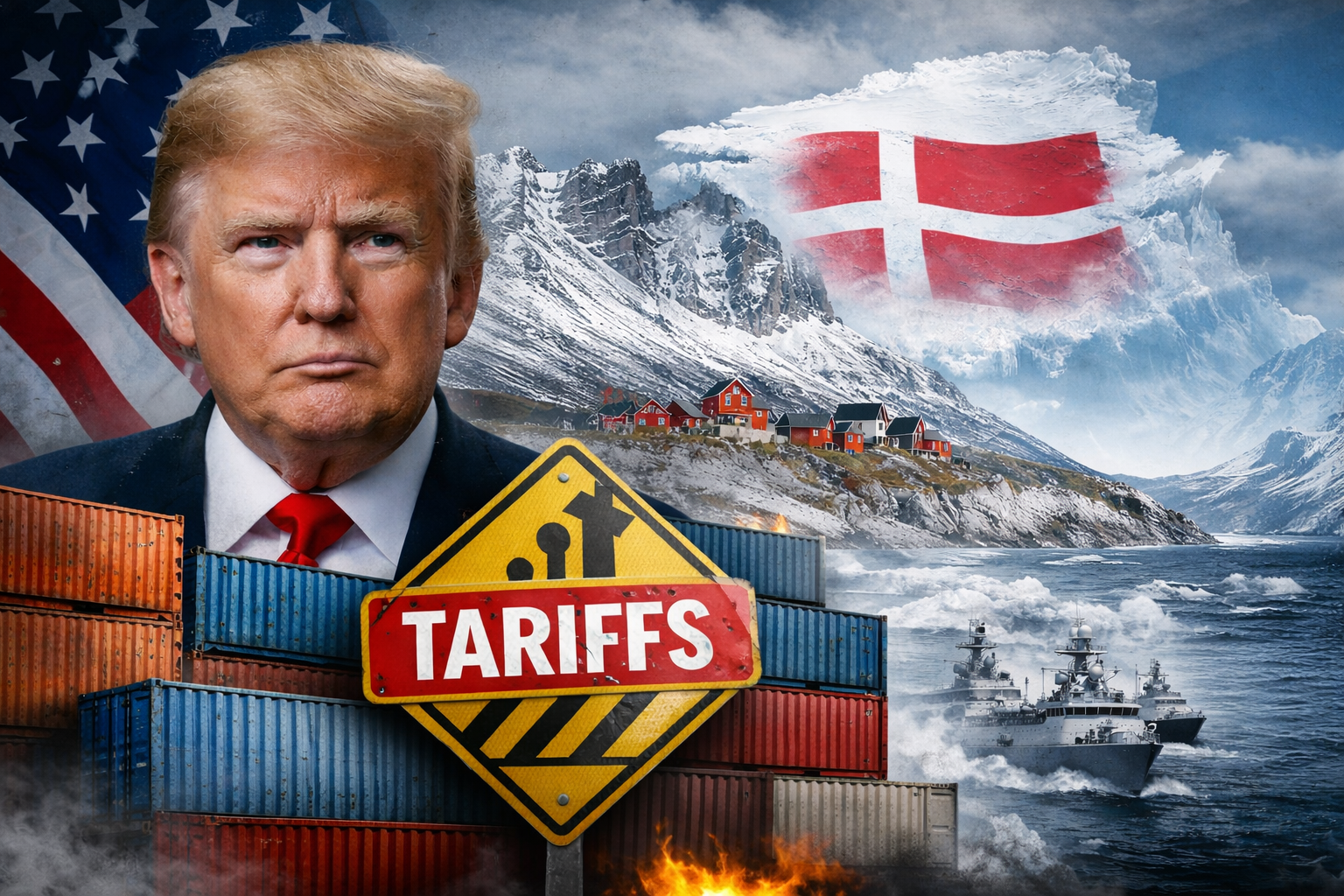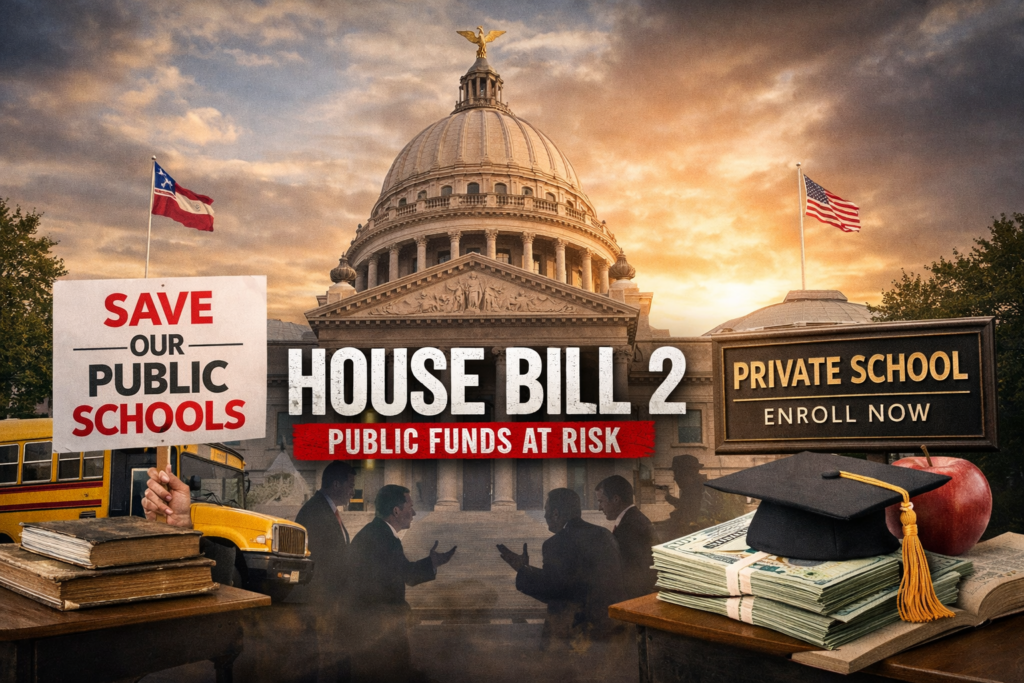THE BIG BEAUTIFUL BILL
What’s good, family? It’s Urban City Podcast, where the stories are ours, the voice is real, and the truth don’t come sugarcoated. Today, we’re breaking down one of the biggest and boldest political moves of 2025:
The “Big Beautiful Bill.”
Now, with a name like that, you’d think this bill was dipped in gold and wrapped in a bow. But here at Urban City—we ask the real question:
Big and beautiful… for who?
What is the Big Beautiful Bill?
Let’s get to the facts. The One Big Beautiful Bill Act—also known as “BBB”—was signed into law on July 4, 2025. Yes, Independence Day. And it’s massive: a $3.4 trillion package pushed through Congress with support from Republicans, a handful of moderate Democrats, and one very vocal White House.
Here’s what they’re promising:
Permanent tax cuts
No taxes on tips and overtime
More housing development
A stronger border
Cuts to Medicaid, SNAP, and student aid
And a rollback on climate and energy rules
Now on the surface, some of this sounds like a win—especially if you’re earning six figures, running a business, or living in a tax-heavy state. But for our communities? That’s where it gets murky.
What It Means for Black America
Let’s be real—Black folks have seen promises before. We’ve seen ribbon-cuttings and programs that never reach our neighborhoods. So how does this bill land for us?
Medicaid—one of the lifelines for nearly 20 million Black Americans—is being converted into block grants. What that means is states get to decide how to spend the money, and if you live in a state like Mississippi or Texas? Good luck.
Experts say 10 to 11 million people will lose coverage. That’s your auntie with diabetes, your cousin with asthma, your grandma on dialysis. Gone. And if you’re not working 80 hours a month? You don’t qualify.
SNAP benefits, aka food stamps? Slashed. Work rules tightened. Bureaucracy increased. Less food on the table for families trying to make a dollar stretch.
And student aid? Black students—who carry more student debt than anyone—are facing caps on how much they can borrow. No grace. No forgiveness. Just the weight.
So, big and beautiful? Nah. For many of us, this is big and brutal.
How It Hits the Latino Community
Now let’s talk about our Latino brothers and sisters. The largest minority group in America. Essential workers. Backbone of industries. Often overlooked.
Hispanic Americans are already the most uninsured group in the U.S. This bill just made that worse. Medicaid access? Shrinking. Health clinics? At risk. Work mandates? Up.
Immigration? Ain’t no pathway to citizenship here. But there’s $100 billion going toward border enforcement, detention centers, and deportation crackdowns. That’s money for ICE, not for immigrants.
Families that are mixed-status—where maybe the kids are citizens but the parents aren’t—are now scared to apply for food stamps, scared to go to the doctor, scared to send kids to school.
The bill claims to protect labor and overtime—but when you’re undocumented or working under the table, how does that help you?
It’s a slap wrapped in a smile.
What About Rural America?
Now look, we’re not gonna act like poverty only lives in cities. Drive through rural Mississippi, Appalachia, or parts of Arizona, and you’ll see the same struggle—just with fewer buses and more churches.
This bill does have one bright spot: affordable housing. By expanding the Low-Income Housing Tax Credit, developers could build up to a million new units nationwide.
But here’s the catch: the tax breaks go to corporations, not families. And if they build in places where we don’t live—or can’t afford—it’s just more gentrification dressed up as charity.
Rural hospitals? The bill sets aside just $25 billion—a drop in the bucket compared to what’s being cut from Medicaid.
And when it comes to renewable energy—the clean jobs and the solar panels—they’re gone. Canceled. Rolled back. Rural folks get the pollution without the progress.
So again… the packaging is nice. But the delivery? Flawed.
Rich households making over $400,000/year will save up to $12,000 annually.
Meanwhile, the bottom 20% of earners? They could lose an average of $1,600 a year when you factor in lost benefits.
So this isn’t a bill built for the poor. It’s a rebrand of trickle-down economics—only now it’s got a flag, a fresh slogan, and a July 4th photo op.
What Happens Next? So what do we do?
We stay alert. We organize. We vote. And we hold local leaders accountable—because they’re the ones who decide how a lot of this bill actually plays out.
If you’re confused about whether you still qualify for SNAP or Medicaid—call your local reps.
If you’re worried about student loans—don’t wait for help. Advocate.
If your neighborhood’s being promised housing—ask who’s really benefitting.
And most of all—don’t fall for the headlines. Fall into the details. ‘Cause that’s where the truth lives.
Tap in right hereat urbancitypodcast.com and follow us for more coverage, conversation, and community.
Until next time—stay smart, stay safe, and stay woke.
